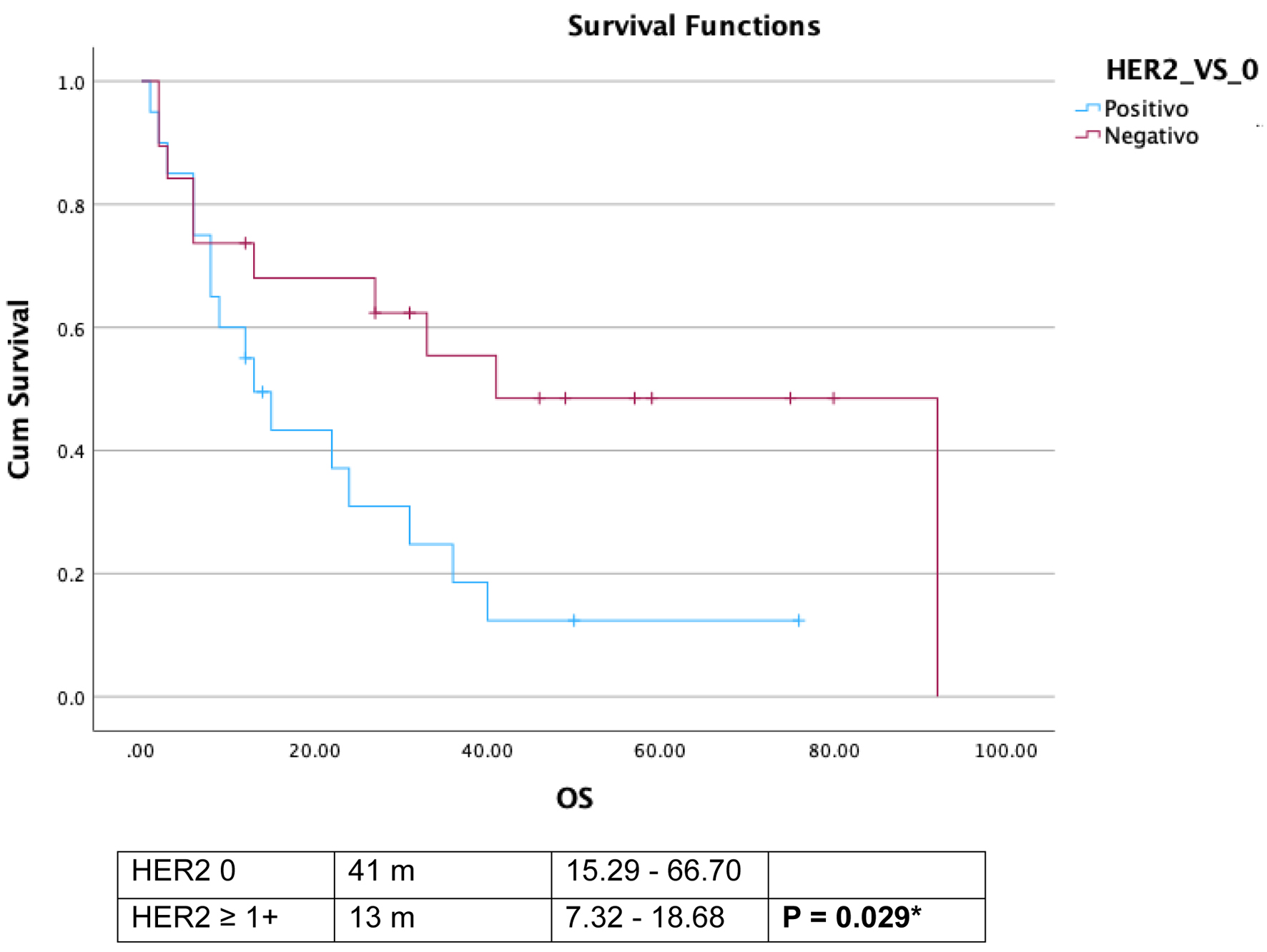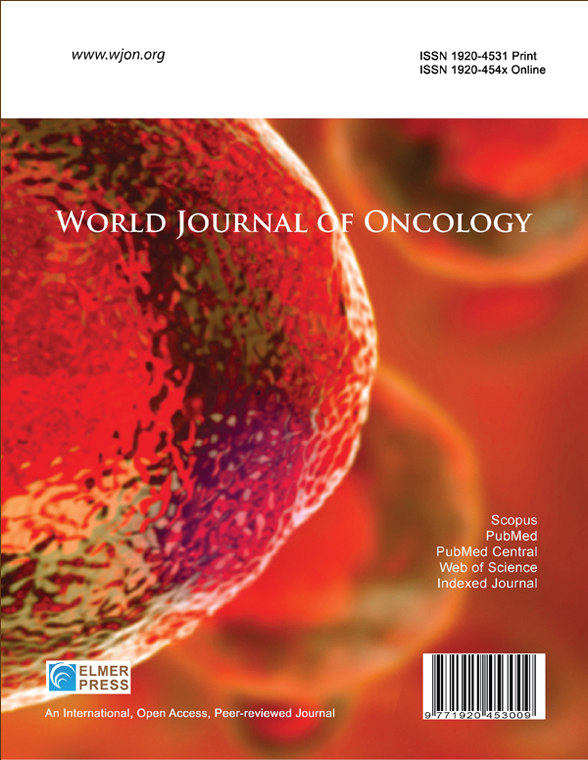Prevalence and Clinical Outcomes of Human Epidermal Growth Factor Receptor 2 Expression in Patients With Advanced Urothelial Carcinoma
DOI:
https://doi.org/10.14740/wjon1966Keywords:
Urothelial carcinoma, HER2 expression, Renal pelvis tumors, Prognostic biomarkers, Immunohistochemistry, Muscle-invasive bladder cancer, Metastatic recurrence, Tumor gradeAbstract
Background: The prognosis for urothelial carcinoma remains poor, with limited therapeutic options, emphasizing the need for further research into targeted therapies. The prognostic and predictive significance of human epidermal growth factor receptor 2 (HER2) expression in urothelial carcinoma remains unclear, with previous studies reporting conflicting results.
Methods: We conducted a retrospective analysis of advanced urothelial carcinoma cases diagnosed between January 2017 and December 2022. HER2 status was prospectively determined using the Leica CB11 antibody on available biopsy specimens. Patient data, tumor characteristics, and survival outcomes were retrieved from hospital records for analysis.
Results: Of the 84 patients initially identified with muscle-invasive disease, HER2 immunohistochemistry (IHC) was performed on 50 samples. Among these, 54% exhibited HER2 scores ≥ 1+, with 22% classified as HER2-positive (3+ score by IHC), 10% as equivocal (2+ score by IHC), and 22% as HER2-low (1+ score by IHC). The distribution of HER2 score ≥ 1+ tumors included 25.7% in the bladder, 20.0% in the renal pelvis, and none in the ureter. HER2-positive (3+ score by IHC) tumors were all histological grade 3. Among these patients, 13.4% presented with localized disease, 20% with locally advanced disease, and 50% with metastatic disease at the time of diagnosis. Notably, 42.8% of recurrent tumors originating from the renal pelvis and 62.5% of those from the bladder exhibited HER2 scores ≥ 1+. Among patients diagnosed with non-metastatic disease, 100% with renal pelvis tumors and 75% with bladder tumors experienced metastatic recurrence if they were HER2-positive (3+ score by IHC). The overall survival for HER2-negative patients was 31.0 months (95% confidence interval (CI): 15.29 - 66.70) compared to 13.0 months (95% CI: 7.32 - 18.68) in the HER2 score ≥ 1+ population (P = 0.0029).
Conclusions: In this cohort of Mexican patients with urothelial carcinoma, HER2 expression was observed in 54.4% of cases. HER2-positive (+3 by IHC) tumors were associated with higher histological grade and worse prognostic outcomes, including increased recurrence, progression, and mortality.

Published
Issue
Section
License
Copyright (c) 2024 The authors

This work is licensed under a Creative Commons Attribution-NonCommercial 4.0 International License.









